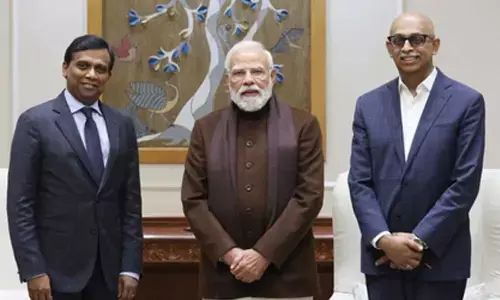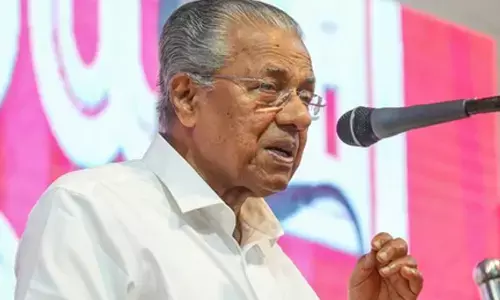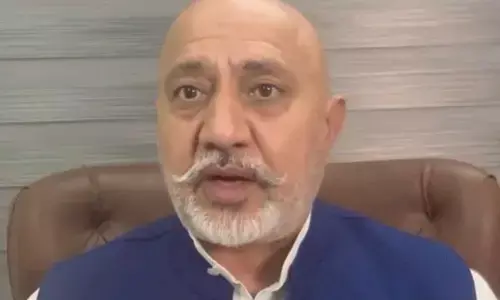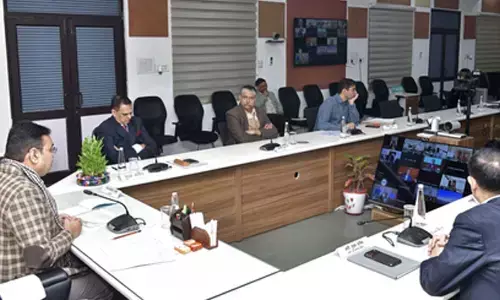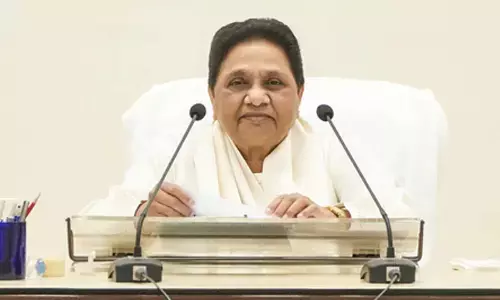Telecom companies at mercy of government?
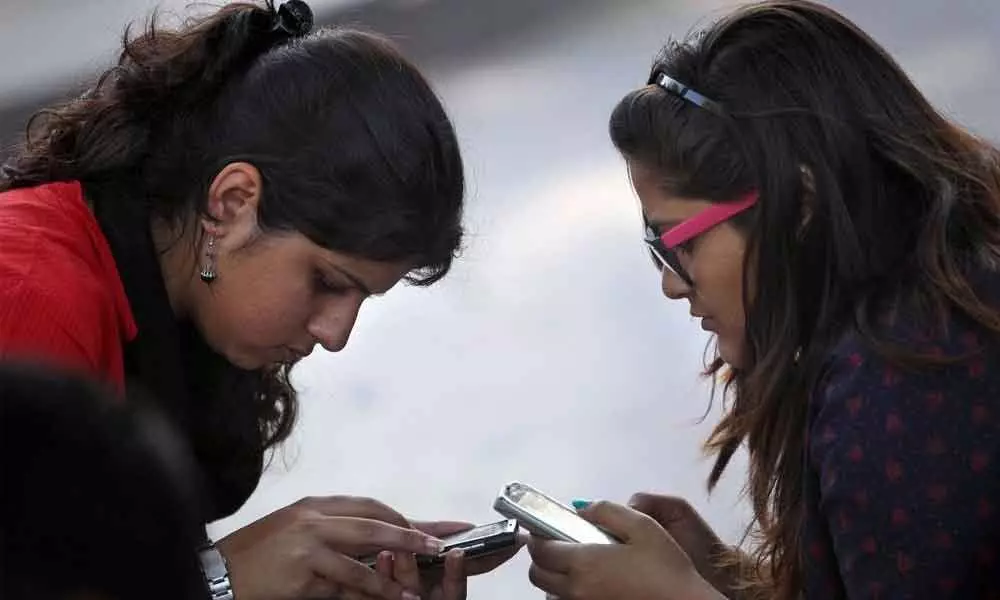
The Supreme Court has recently decided that telecom companies like Airtel, Vodafone-Idea and Jio will have to pay a spectrum charge on all incomes earned by them.
The Supreme Court has recently decided that telecom companies like Airtel, Vodafone-Idea and Jio will have to pay a spectrum charge on all incomes earned by them.
These companies had entered into an agreement with the government in 2006 that they would pay spectrum charges not only on incomes earned on telecom services provided by them but on all incomes earned by them. This would include rent, dividend, profits on sale of assets and other such items.
The additional burden on Airtel and Vodafone-Idea due to the payment of spectrum charges on non-core businesses amounts to about Rs 50,000 crores each. Jio will bear a nominal burden because it has entered the market much later thus the build-up of past liabilities is less. Airtel and Vodafone-Idea are already incurring losses on their telecom operations and simply do not have the incomes to pay this huge amount.
The first cause of this situation arising is the failure of our judicial system. The government had approached the Supreme Court in 2011. The burden has accumulated between 2011 and 2019. Airtel and Vodafone-Idea would have taken steps to manage the burden as it accrued and such a huge liability would not have accumulated if the Supreme Court had decided the matter, say, within one year.
The Supreme Court has enabled the government to act like the moneylender who allows the interest burden to increase on the borrower till he falls. The second cause is the slowdown in the economy especially at the level of the common person who is the core consumer of the telecom services. The consumers do not have the income to buy the services today.
The third and, in my opinion, main cause is that mobile telephony — which is the core service provided by these companies — is entering a sunset phase. A number of my friends are only accessible on WhatsApp. They do not receive mobile calls or see text messages.
Data has taken over. A consumer can access WhatsApp from a fixed line Wi-Fi or buy an only-data pack from a telecom company and he is done. Thus, the revenues from mobile telephony which were the core business of the telecom companies have been declining worldwide. For example, the revenue for mobile telephony was USD 33 per user in Europe in 2006. It declined to USD 15 in 2016.
Even TV has entered a sunset phase. I know people in London who stream the TV programmes from their fixed line Wi-Fi to their TV and have not bought a cable or a Direct to Home connection. Data is being used for managing large number of daily works such as watches, household appliances such as refrigerators, self-driving cars, drones and many more.
In view of this overarching reach of data, a consumer necessarily needs access to data but does not necessarily need mobile telephony. This data tsunami is the underlying cause of the decline of mobile telephony. Thus, Airtel and Vodafone-Idea along with Jio will have to reinvent themselves into data-providing companies.
If Airtel and Vodafone-Idea try to increase charges for mobile telephony, it may only speed up the move to data and accelerate their decline or their transformation. Our telecom companies need time to transform themselves.
We can assess the three pathways in which this matter can play out in this backdrop. First pathway is that the government can insist upon payment of the dues and Airtel and Vodafone-Idea may be allowed to go bankrupt. The problem here is that these companies have borrowed about Rs 1 lakh crore from our banks.
Banks will not be able to recover this money and our entire banking system will be jeopardized. This pathway will also lead to the establishment of monopoly of Jio which will then be able to jack up the prices as per its whims.
Note that Jio first undertook predatory pricing below the cost of operations and caused losses to Airtel and Vodafone-Idea. Jio will now be able to permanently bury these competitors if the government insists on the payment.
This will also slow our migration to data-based communications since Jio will not have an incentive to move if it continues to make money from telecom services due to monopolistic pricing.
The second pathway is that the government can rewrite the agreements made earlier with Jio, Airtel and Vodafone-Idea and demand payment of spectrum charges only on the incomes earned from telecom services by these companies — which has largely been paid already.
The difficulty here is that the windfall gain to the government from the Supreme Court judgment will not materialize. The government will have to refrain from increasing its future expenditures in the same proportion. This pathway will also create another monstrosity.
Non-telecom companies like Powergrid, Railtel and GAIL have also bought spectrum for their internal requirements and entered into agreements with the government to pay spectrum charges on all incomes. For example, GAIL has reportedly done business of Rs 35 crore on the spectrum it has purchased.
However, its gross income is about Rs 2,50,000 crore. A five percent spectrum charge on this would be Rs 12,500 crore. Thus GAIL would pay spectrum charges of Rs 12,500 crore on a business of Rs 35 crore! Such anomaly, if it has unwittingly come into a legally enforceable agreement, has to be backed out from, not enforced.
The third pathway is that Airtel and Vodafone-Idea may increase the price of the telecom services along with Jio and earn monies to pay the dues to the government. This will lead to an increase in the price of the telecom services for the consumers and, in the same measure, speed up the migration to data-based communications.
Thus, bankruptcy will lead to quadruple negative for the economy — endangering the banking system, possible loss of windfall in revenues to the government, monopolistic pricing by Jio and slow migration to data.
Rewriting the agreement will have a double negative — it will create a monstrosity of the likes of charging spectrum charges on petroleum business of GAIL; and require the government to forego the windfall income. An increase in telecom charges will have a single negative — it will impose a burden on the consumer.
In the end, the choice is between the government foregoing windfall gain by rewriting agreement or the government making the windfall gain and the consumer bearing increasing prices.
My preference is first that the government must rewrite the agreements; and second that telecom companies may increase the prices. In any event, the government must not push Airtel and Vodafone-Idea into bankruptcy and endanger our banking system and promote Jio's monopoly.
(The writer is formerly Professor of Economics at IIM, Bengaluru)








